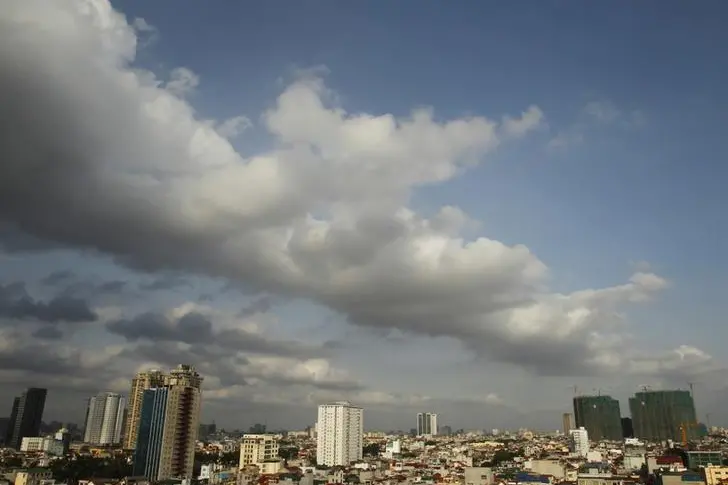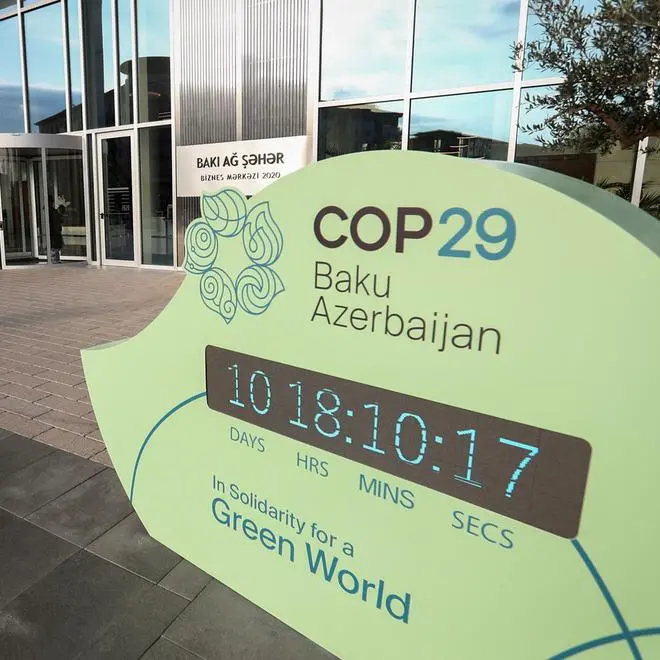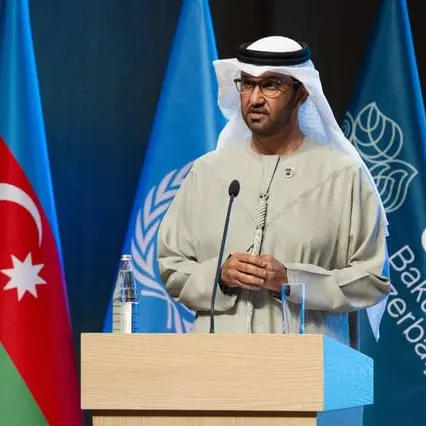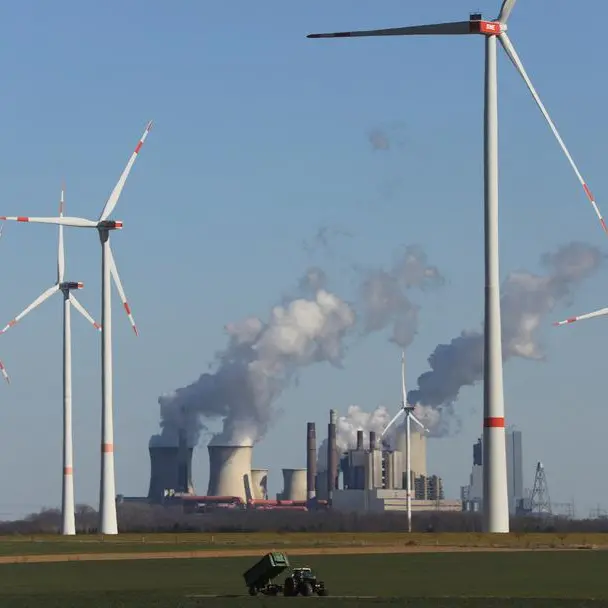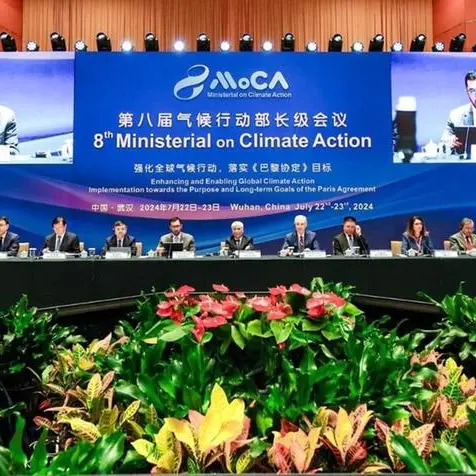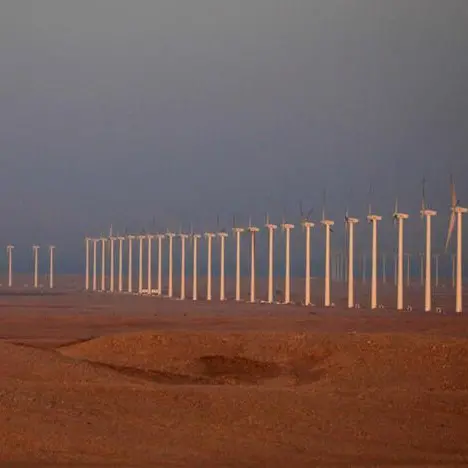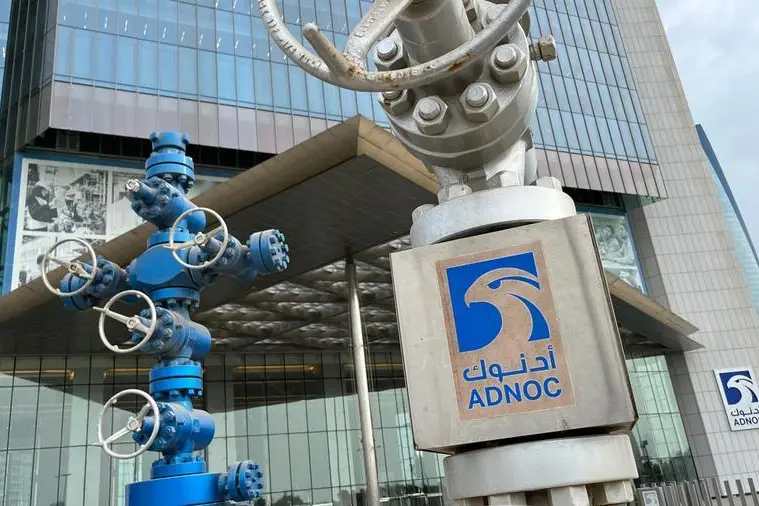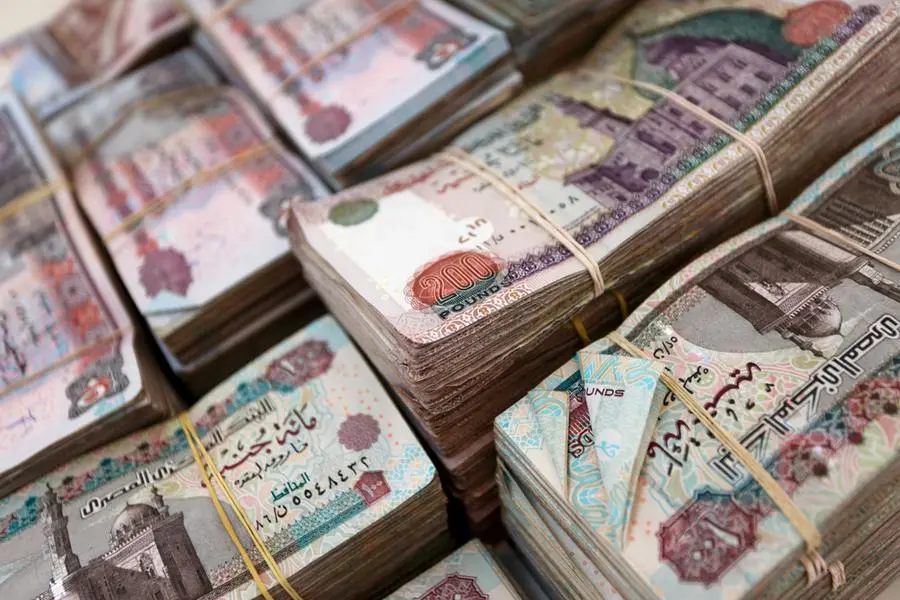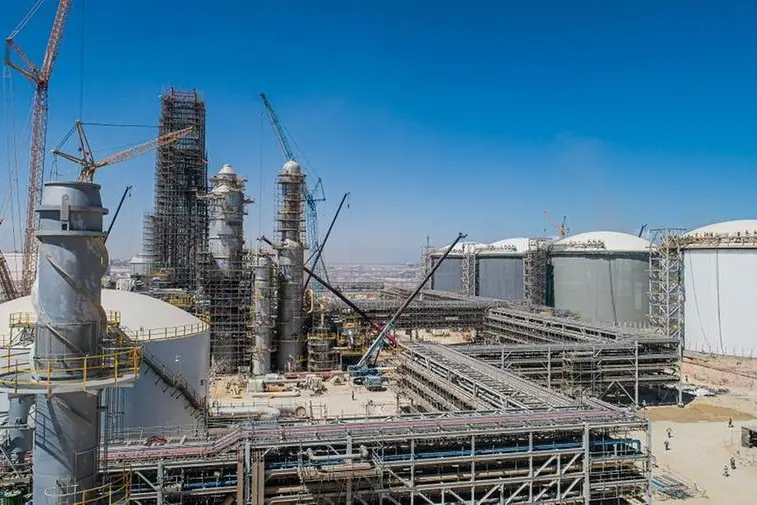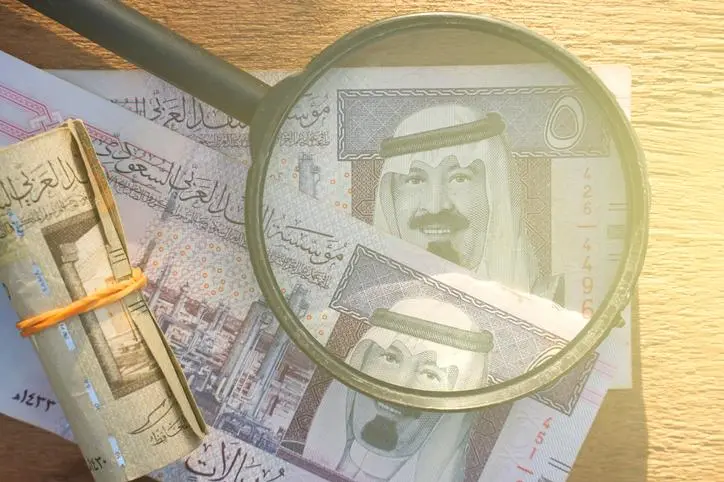PHOTO
HANOI: Vietnam is finalising reform commitments with G7 governments and multilateral lenders that could unlock billions of dollars in loans to reduce coal use in the Southeast Asian manufacturing hub, according to foreign officials familiar with the talks.
The document, known as Resource Mobilisation Plan, has to be agreed with investors ahead of the UN Climate Change Conference (COP28) which begins on Thursday in Dubai.
"Some work (is) still ongoing, mainly on changes to regulatory framework and obstacles for investments," one foreign official said, noting however that the document was expected to be agreed in time.
Vietnam's Prime Minister Pham Minh Chinh will attend the COP28 from Nov 30 to Dec 3, the government portal said, raising expectations that the plan could be announced there.
A second foreign official said there was no major issue pending, and approval of the final version "is very nearly there."
Both foreign officials declined to be named as they were not authorised to speak on the record to media.
Vietnam's environment ministry and the Prime Minister's office did not immediately reply to requests for comment.
Reuters has not seen the latest version of the plan.
A draft from late October, reviewed by Reuters, listed Vietnam's commitments and over 400 projects which could receive money from Group of Seven (G7) members, including 272 on energy infrastructure such as power grid upgrades, wind and solar farms.
Under an agreement reached last year with foreign investors, mostly from G7 members, Vietnam would receive $15.5 billion, largely in commercial loans at market rates over three-five years, to boost the use of renewables and cut dependence on coal. There is no certainty that Vietnam would actually take the loans on offer, and the communist government has been reluctant to take foreign loans in the past.
In 2020, coal accounted for 31% of Vietnam's installed capacity, and it plans to reduce that share to 20% by 2030, though in terms of consumption Vietnam will burn more coal.
Domestically mined coal and imports totalled 80 million tons in the first 10 months of this year - imports accounted for about half the total - putting the country among the world's top 20 consumers.
The government plans to expand its capacity of coal-fired power plants to over 30 GW by 2030, from about 21 GW in 2020. It has committed to stop developing coal-fired power plants after 2030.
Foreign investors have long tried to enhance Vietnam's commitments on reforms and expressed concerns at the country's plan to reduce coal only after boosting its installed capacity until 2030.
They are betting on offshore wind to partly offset coal but Hanoi listed in its October draft offshore wind regulations as "potential" actions to be finalised in 2025, which would mean the sector's 2030 targets would likely be missed. (Reporting by Francesco Guarascio @fraguarascio; additional reporting by Khanh Vu; Editing by Simon Cameron-Moore)
